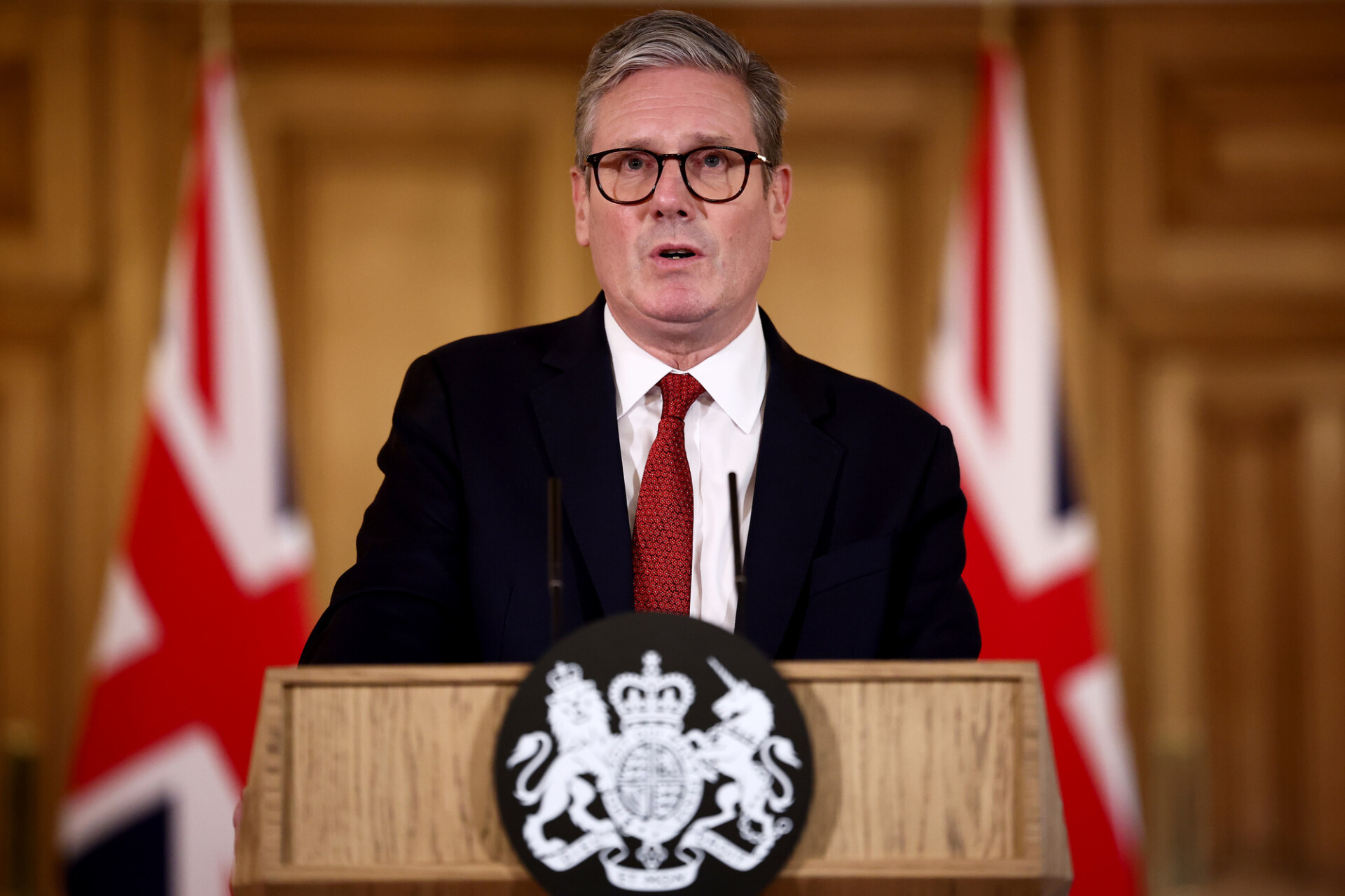It is well established in the field of psychology that a feeling of “control” is a major contributor to a person’s sense of wellbeing and happiness — on a par with health, material wealth and class background. Pity the British public then, who haven’t felt “in control” of migration for a very long time.
The lack of control over immigration has profound implications for the political landscape, particularly on the Right. But it was on the Left that this point was acknowledged last week. “Failure on this scale isn’t just bad luck,” said Keir Starmer. “It isn’t a global trend or taking your eye off the ball. No, this is a different order of failure. This happened by design, not by accident”. “Policies were formed deliberately to liberalise immigration,” he continued. “Brexit was used for that purpose — to turn Britain into a one nation experiment in open borders,” he added.
But on Sunday, senior cabinet minister Pat McFadden confirmed that the new Labour government would not re-commit to a numerical target, a few years after Boris Johnson jettisoned the original Tory promise to reduce immigration to the tens of thousands (to achieve that target, Britain would need to reduce last year’s newly revised migration figures of 906,000 by 90%). “Targets for net migration haven’t worked very well,” McFadden said.
This implies an undue sense of inevitability about net migration figures. McFadden added that the figure would “depend on the needs of the economy”, which is a cop-out answer — an attempt to depoliticise the innately and intimately political. The Government could control it to a far greater extent if it wanted to. Whether it would want to experience the consequences of actioning that choice is another matter. Everything in politics is a choice, constrained by circumstances or otherwise.
Eventually, the vague ambitions of this Labour government will have to crystallise into a policy platform, numerical net migration target or not. While there have been a couple of unusual events (rehoming Ukrainian refugees and offering passports to those fleeing Chinese persecution in Hong Kong), relying on net migration levels falling simply due to changes in conflicts or political circumstances in other regions is not enough. We would be better served by more clarity and accountability.
As Starmer said, these levels are a choice. In order to exercise greater control, perhaps we could begin with a further crackdown on the more-than-doubling expansion in study visas. Higher education institutions are increasingly using international students to make up for an inflationary squeeze on higher education finances, producing graduates of dubious quality.
While international student visa numbers have already dropped, leaving some universities facing severe financial shortfalls — the bigger question of whether higher education institutions should exist at the scale they do in the first place, remains unanswered. This is something Starmer must contend with.
For the best part of a decade, the Conservatives campaigned on a platform of reducing net migration to the tens of thousands while governing with levels approaching three times higher. Though Labour is not at fault here, it now risks going down the same path. Starmer cannot afford to be a passenger — he must make active, and often painful, decisions. Otherwise this country will once again be forced to suffer in silence at the hands of political leaders who did not listen to the voters.











Join the discussion
Join like minded readers that support our journalism by becoming a paid subscriber
To join the discussion in the comments, become a paid subscriber.
Join like minded readers that support our journalism, read unlimited articles and enjoy other subscriber-only benefits.
Subscribe